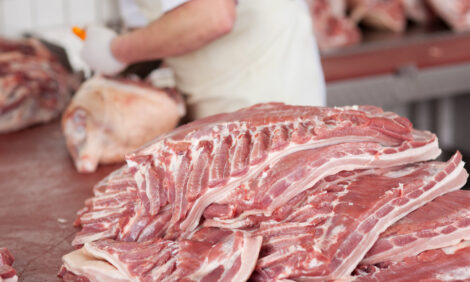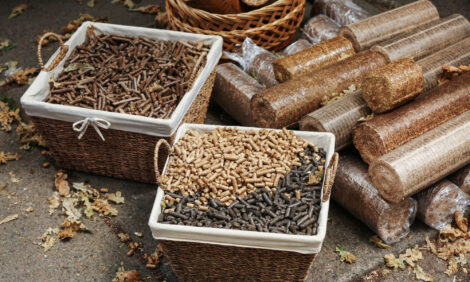



Female Farmers Play a Role in UK's Farming Future
UK - Female farmers are becoming increasingly more important to the future of the British agricultural and livestock sectors.A new report by Barclays Agriculture and launched at the Livestock Event in Birmingham shows that the role of women in farming is changing.
It shows that there is a new generation of optimistic and ambitious female farmers.
Despite many farmers having faced a difficult start to the year with adverse flooding impacting thousands of UK farms, nearly nine in 10 female farmers (88 per cent) say they are optimistic about the future of their farm – the same figure as men.
The report ‘Women in Farming: The Changing Face of Agriculture in the UK’, which surveyed 1,410 female farmers highlights that women are becoming increasingly important to the future success of UK farms. Latest official figures from the ONS also show the number of female farmers has swelled to 23,000 compared to 19,000 male farmers2.
Young and Optimistic
The report revealed that it is, in fact, younger female farmers who are the most optimistic, with 40 per cent under the age of 24 and 40 per cent of those aged 25 to 34 saying they were very optimistic about the future of their farm - higher than any other female age group.
This outlook is also shared by younger female farmers when it comes to the role of women in agriculture in the future.
Nearly four in ten (39 per cent) of those under 24 years old are optimistic about the role of women in agriculture in the future, alongside 42 per cent of 25– to 34-year-olds – again, more than any other age groups. Technology and improvements in machinery are probably the biggest contributing factor allowing women to take a more dominant role within the industry.
Oliver McEntyre, Barclay's National Agricultural Specialist said: “The nature of the farming industry is changing for women, aided by developments in technology there is now less focus on physical strength and more focus on budget and managing the business. As such female farmers have seen their roles change and grow over recent years, leading to increased optimism.
“We have seen the number of female owned farming businesses increase by three per cent in recent years, particularly strong in lowland cattle and sheep farms 11 per cent and farm services, excluding vets, 10 per cent and we anticipate further growth over the next two to three years as well. This increased optimism has resulted in our lending to agricultural businesses increasing by 13 per cent over the past year.
Greatest Strengths
The Barclays Agriculture report revealed that female farmers believe their top greatest strengths lie in office management (66 per cent), domestic duties (52 per cent) practical work (42 per cent) and business strategy (40 per cent) and staff management (29 per cent), highlighting the range of areas they now cover.
When it comes to practical duties outside of the office 81 per cent say they tend to livestock compared to 66 per cent of men, 66 per cent of women say they undertake young stock management compared to 50 per cent of men, and 25 per cent of women who perform practical duties undertake milking compared to 16 per cent of men.
Extra Work
Outside of the farm work, more women also have other employment than men, over a quarter (27 per cent) of women undertake extra employment off the farm but within the agriculture industry – compared to 22 per cent of men. An additional 23 per cent also have other employment in a completely different industry to agriculture, compared to just 12 per cent of male farmers. The main reason cited for the extra work is personal financial need with 33 per cent of women saying this is the case compared to 28 per cent of men.
Minette Batters, National Farmers Union Deputy President said: “There are increasingly more women coming into agriculture, judging by the number in agricultural colleges and universities. There are greater opportunities to be involved in farming–related businesses and the wider industry that doesn’t involve acquiring land – science and retailing, for example. Women have played a key role in many diversification projects, as well as being the backbone of traditional farming practice. I’m not surprised that the survey shows them to be very optimistic about the future”.
Mr McEntyre added: “Years ago women largely fulfilled the domestic role on farms, and the role they played was very different to today. Now they play a key part in decision making, business strategy as well as physical work on the farm. As our report shows as well, many women often have outside work from farming, meaning they work exceptionally long hours.
"The next few years are definitely an exciting time for women in the farming industry. It’s clear they are hugely optimistic about their future and the exciting opportunities that are now available to them.”









